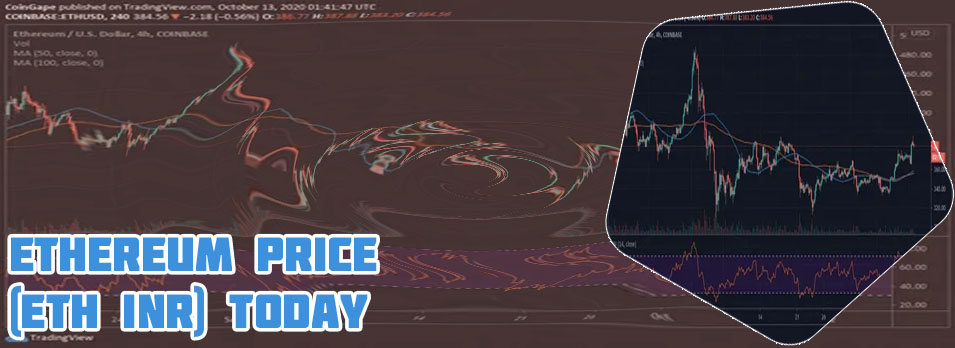- Bitcoin apps
- How to buy on cryptocom
- Bit coin price in us
- Cryptocurrency bitcoin price
- Cryptocoin com coin
- When to buy bitcoin
- Where to buy gyen crypto
- Ethereum candlestick chart
- How to buy crypto
- Buy ethereum with credit card
- Today's bitcoin cash price
- 1 etherium to usd
- Cryptocom cards
- Buy btc
- Cryptocom card
- Where to buy crypto
- Largest bitcoin holders
- Ethusd converter
- Where to buy ethereum
- 1bitcoin to dollar
- How to buy safemoon on cryptocom app
- Crypto exchange
- Bitcoin one percent controls all circulating
- What is ethereum trading at
- Metaverse coins on cryptocom
- Cryptocom payment methods
- Crypto com not working
- What app can i buy dogecoin
- Dogecoin 20 where to buy
- How to sell on cryptocom
- Btt crypto price
- Btc mining
- Safe btc crypto
- Bitcoin cryptocurrency
- Selling crypto
- Cryptocurrency exchanges
- Dot crypto
- Buy physical bitcoin
- Polygon crypto
- Where to sell dogecoin
- Price of ethereum today
- Safe dollar crypto
- How much is bitcoin
- Apps cryptocurrency
- How to close crypto com account
- Eternal crypto
- Crypto card
- Bit price
- Cryptos
- Coinbase cryptocurrency prices
- Bitcoin historical price
- Price of ethereum
- Tether to usd
- Does cryptocom charge fees

Eth stock
As the popularity of cryptocurrency continues to rise, many investors are turning their attention towards Ethereum (ETH) stock. Whether you are a seasoned investor or new to the world of cryptocurrency, these four articles will provide valuable insights and tips on how to navigate the world of ETH stock. From understanding the fundamentals of Ethereum to learning how to trade ETH effectively, these articles will help you make informed decisions and maximize your investment potential.
The Basics of Ethereum: A Beginner's Guide to ETH Stock

Ethereum has quickly become one of the most popular cryptocurrencies in the world, second only to Bitcoin. For those looking to invest in the world of cryptocurrency, understanding the basics of Ethereum is essential.
Ethereum is a decentralized platform that allows developers to build and deploy smart contracts. These smart contracts are self-executing contracts with the terms of the agreement between buyer and seller being directly written into lines of code. Ethereum's native cryptocurrency, Ether (ETH), is used to pay for transactions and computational services on the Ethereum network.
Investing in Ethereum can be done in a few different ways. The most common way is to simply buy Ether from a cryptocurrency exchange and hold onto it in a secure wallet. Another option is to invest in companies or projects that are built on the Ethereum platform.
It's important for beginners to do their research and understand the risks involved with investing in Ethereum. The cryptocurrency market can be volatile, and prices can fluctuate rapidly. However, with proper knowledge and a solid investment strategy, Ethereum can be a lucrative investment opportunity for those looking to diversify their portfolio.
For anyone looking to get started in the world of cryptocurrency investing, understanding the basics of Ethereum is crucial. Whether you're a beginner or an experienced investor, having a solid understanding of
Analyzing Ethereum's Market Trends: What to Look for When Investing in ETH
Ethereum has emerged as one of the leading cryptocurrencies in the market, offering investors a unique opportunity to capitalize on its market trends. As with any investment, it is crucial to conduct thorough research and analysis before diving into the world of ETH. By understanding key market indicators and trends, investors can make informed decisions that maximize their potential returns. Here are some important factors to consider when investing in Ethereum:
-
Market Capitalization: Keep an eye on Ethereum's market capitalization, which represents the total value of all ETH in circulation. A higher market cap typically indicates a more stable and established cryptocurrency.
-
Trading Volume: Monitoring the trading volume of Ethereum can provide valuable insights into market sentiment and liquidity. Higher trading volumes often indicate increased investor interest and confidence in the cryptocurrency.
-
Development Activity: Stay informed about Ethereum's development activity, including updates, partnerships, and technological advancements. Strong development activity is a positive sign for the long-term growth and adoption of ETH.
-
Regulatory Environment: Stay abreast of the regulatory environment surrounding cryptocurrencies, as changes in regulations can impact the value and viability of Ethereum as an investment.
-
Market Sentiment: Pay attention to market sentiment and sentiment indicators, such as social media trends and news coverage. Positive sentiment can drive up demand and
Strategies for Trading Ethereum: Tips for Maximizing Profits and Minimizing Risks
Ethereum has become one of the most popular cryptocurrencies in the world, with a market cap of over 0 billion as of September 2021. As the second-largest cryptocurrency after Bitcoin, Ethereum offers unique opportunities for traders to maximize profits while minimizing risks. In order to succeed in trading Ethereum, it is crucial to have a solid understanding of the market and employ effective strategies.
One key strategy for trading Ethereum is to use technical analysis to identify trends and patterns in the price movement of the cryptocurrency. By studying historical price data and using indicators such as moving averages and relative strength index (RSI), traders can make informed decisions about when to buy or sell Ethereum. Additionally, it is important to set stop-loss orders to limit potential losses in case the market moves against your position.
Another important strategy for trading Ethereum is to diversify your portfolio and not put all your eggs in one basket. By spreading your investments across different cryptocurrencies and other asset classes, you can reduce the impact of any single investment on your overall portfolio. This can help minimize the risks associated with trading Ethereum and increase the potential for long-term profits.
In conclusion, trading Ethereum can be a lucrative venture for investors who are willing to put in the time and effort to develop effective strategies. By using technical analysis, setting
The Future of Ethereum: What to Expect and How to Position Yourself for Success
As the cryptocurrency market continues to evolve, Ethereum remains a key player with promising potential for the future. Investors and enthusiasts alike are eager to understand what lies ahead for this groundbreaking platform and how they can navigate the shifting landscape to maximize their success.
One of the key trends to watch for in Ethereum's future is the transition to Ethereum 2.0. This upgrade aims to improve scalability, security, and sustainability, addressing some of the current platform's limitations. By staying informed on the progress of Ethereum 2.0 and understanding its implications, investors can position themselves for success in the evolving market.
Another important aspect to consider is the growing adoption of decentralized finance (DeFi) on the Ethereum network. DeFi applications have gained significant traction in recent years, offering new opportunities for users to engage in lending, borrowing, and trading without traditional financial intermediaries. Keeping an eye on the development of DeFi projects on Ethereum can provide valuable insights for investors looking to diversify their portfolios.
Furthermore, the rise of non-fungible tokens (NFTs) has brought new possibilities for creators and collectors on the Ethereum platform. NFTs represent unique digital assets that can be bought, sold, and traded using blockchain technology. By exploring the potential of NFTs and understanding their impact